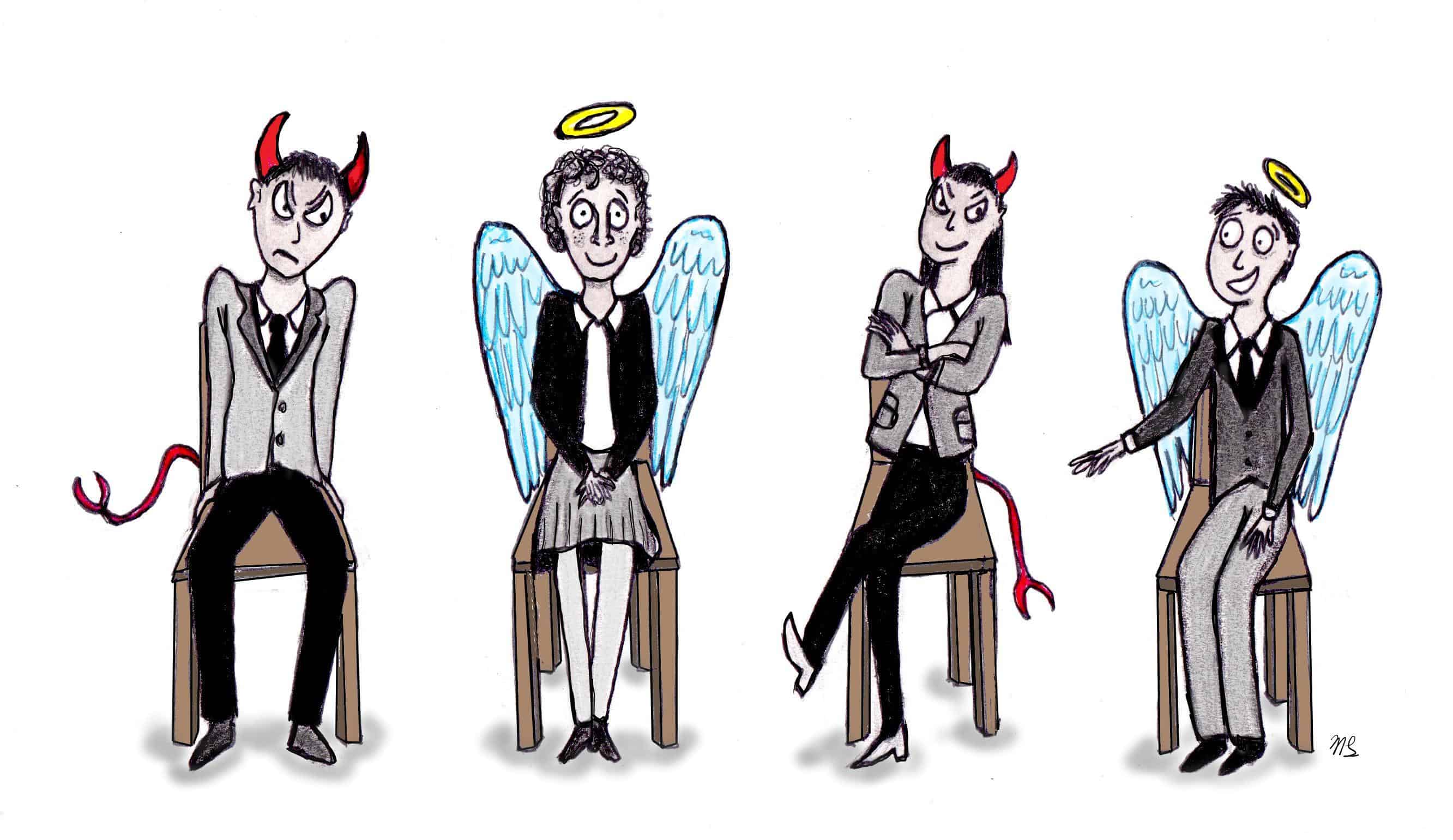A new personality trait model, co-developed by Brian Connelly, Associate Professor of Organizational Behaviour and Human Resources Management at UTSC, can help determine whether or not you see yourself the way others see you.
While other personality models such as the Big Five Model and the Myers-Briggs Type Indicator focus mainly on categories of behaviour like introversion and extroversion, the Trait-Reputation-Identity (TRI)Model also takes into account one’s own thoughts about their personality traits. The model addresses how a certain characteristic is perceived by everyone, known as ‘trait’; one’s self-perception of the characteristic, known as ‘identity’; and how others see the characteristic, known as ‘reputation’.
The TRI Model takes into account the ‘big five’ personality traits: extraversion, agreeableness, conscientiousness, neuroticism, and openness. While many established personality models focus on these traits, the TRI Model is unique in its use of peer ratings, in addition to self-evaluation, to come up with a ‘score’ for each trait.
Scores on the trait, reputation, and identity components for a certain characteristic mean different things.
“Using multiple perspectives to distinguish traits from reputation and identity sheds considerably more light on who people are, how they relate to others, and how they think of themselves,” said Connelly.
For example, people with high trait agreeableness are “friendly and easy to get along with” since “they perceive this in themselves, and other confirm their perspective,” explained Connelly.
People who score higher for their reputation for agreeableness than their corresponding trait are seen as friendly by others, but they do not see this characteristic in themselves.
“This [reputation for agreeableness] could indicate that they are just being polite when they are around others, that they are ‘smiling through their teeth’ when around other people,” explained Connelly, “Or perhaps simply that they are simply hyper-attuned to any disagreeable thoughts or feelings that they have.”
People with a high score for perceiving their identities as being agreeable often view themselves as friendly, but are considered “difficult or mean” by their peers.
“This could indicate that they have a poor social barometer for how they’re being perceived, or perhaps others harbor unfair biases in judging the person,” said Connelly.
These personality scores can help a person reflect on their behaviours and help them set goals to adjust undesirable characteristics. If someone’s score shows that they see themselves as friendlier than their peers see them, this could provide “at least a deeper understanding of oneself and how others relate, and it can generate goals for change and self-improvement if desired,” according to Connelly.
The TRI Model might be useful to employers looking to hire or evaluate employees. In an interview with U of T News, Connelly said simple reference checks are not good indicators of future job performance, commitment, or poor working habits like procrastination.
He said that established personality tests are not robust enough, which sometimes results in “manipulators and egoists” being hired, which can take a toll on organizations.
But what if someone is a master manipulator?
Connelly said that it is possible for highly-skilled manipulators — think Frank Underwood from Netflix’s House of Cards — to pass through a multi-rater assessment, but only if they can successfully mask their behaviour around their peers. However, the multi-rater assessment of the TRI Model sets a “higher bar to pass” than regular personality assessments that use only self-reports, in his view.
The model also might help researchers learn about the effect of personality on life outcomes, the genetic origins of personality, and stereotyped judgments. It could also help clinical psychologists gain a better understanding of their clients and allow career or vocational counsellors to recognize the strengths and weaknesses of their clients.
Currently, Connelly and co-op students from UTSC’s Management program are researching the relative importance of traits, reputation, and identity for different characteristics on the students’ academic success and future careers. The students track their academic and co-op placement success, take multi-rater personality measures and receive personality feedback.
Connelly will use the TRI Model to determine success in a sample of mid-level to upper-level managers and with a set of Korean Air Force cadets. He also plans to examine “how fakeable multi-rater personality measures are,” and “how multi-rater personality measures might be susceptible to gender and racial stereotypes and prejudices.”


